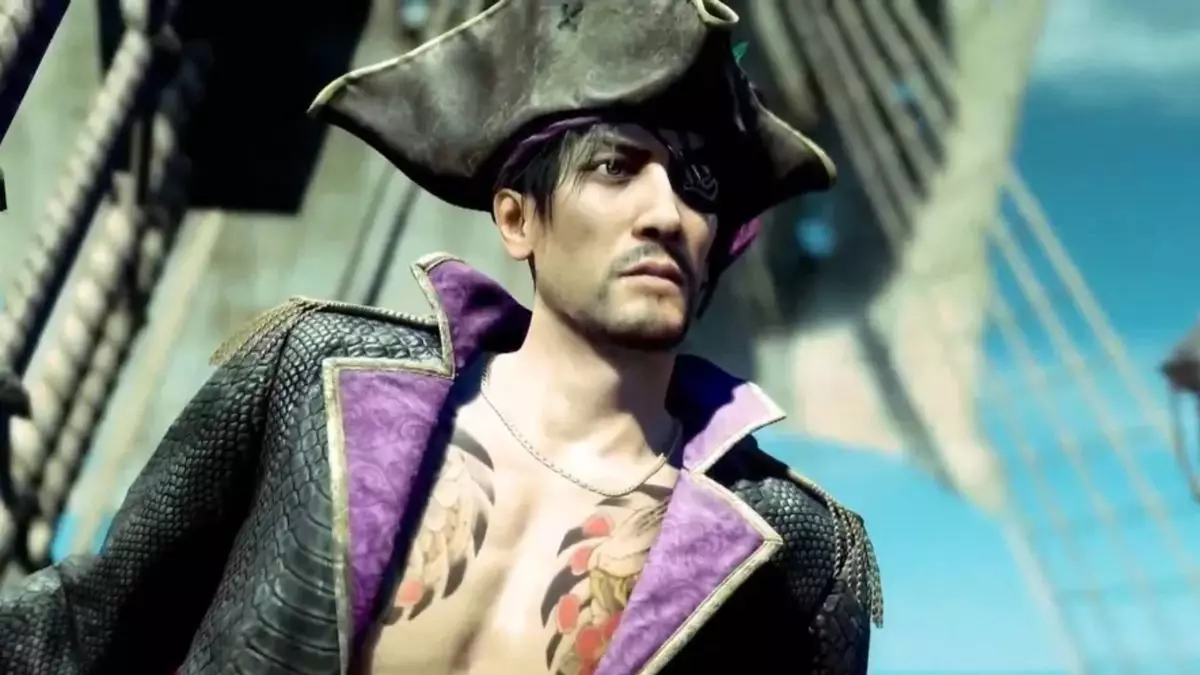In an era where video game development often stretches into years, if not decades, the rapid-fire release schedule of RGG Studio’s Yakuza series stands out as an exceptional case of effective game design. With the recent announcement of “Like A Dragon: Pirate Yakuza in Hawaii,” set for release next February, fans are thrilled at the prospect of yet another installment in a franchise that has managed to deliver engaging content consistently over the years. This new title marks the sixth release in just five years, showcasing RGG’s remarkable ability to feed the appetite of its fanbase while maintaining a steady output that would make many larger studios envious.
Community Engagement and Iterative Design Philosophy
Michael ‘Cromwelp’ Douse, director at the publisher of Baldur’s Gate 3, aptly dubbed RGG’s strategy as “genius sh*t,” emphasizing the studio’s commitment to improving upon existing formulas rather than reinventing the wheel with each new title. His reference to “fractal design” reveals a deeper understanding of how RGG carefully balances persistence in its core elements with thoughtful innovation. This is particularly crucial in an industry often paralyzed by the pressure for each sequel to be a significant evolution of its predecessor. Douse’s observations draw a parallel to annual sports titles that have successfully utilized a formulaic approach, pointing out a model that many franchises could benefit from adopting.
The landscape of video game franchises briefly witnessed a golden era of annual releases—titles like Halo and Assassin’s Creed graced players every year. However, these days are largely over as the industry grapples with inflated development costs and ever-increasing player expectations. Gamers now expect innovation at every turn, leading to studios opting for long development cycles to redefine their offerings. The Yakuza series, however, defies this trend. Instead of a complete overhaul from game to game, RGG cleverly reuses assets, locations, and even core mechanics, which not only saves time but also creates a sense of familiarity for players.
Masayoshi Yokoyama, the studio’s director, sheds light on how RGG distinguishes itself from heavyweights like Grand Theft Auto and Assassin’s Creed. By focusing on iterative improvements rather than extensive reinventions, Yakuza maintains a strong identity and builds a loyal community of players who appreciate the series’ heritage. The forthcoming “Like A Dragon: Pirate Yakuza in Hawaii” utilizes the setting and combat mechanics from previous titles while introducing new elements, such as the jump button, which could significantly change the dynamics of gameplay, especially for fans who thrive on the myriad minigames the series has to offer.
In a marketplace where many franchises suffer from creative fatigue, RGG Studio’s Yakuza series stands as a testament to the power of iterative design. By nurturing an existing foundation while skillfully integrating new features, RGG not only supports a robust community but also offers insightful lessons for the broader gaming industry. As they prepare to ship yet another title, the focus isn’t merely on providing entertainment; it centers on fostering a lasting connection with players who eagerly await what comes next in the Yakuza saga.


Leave a Reply